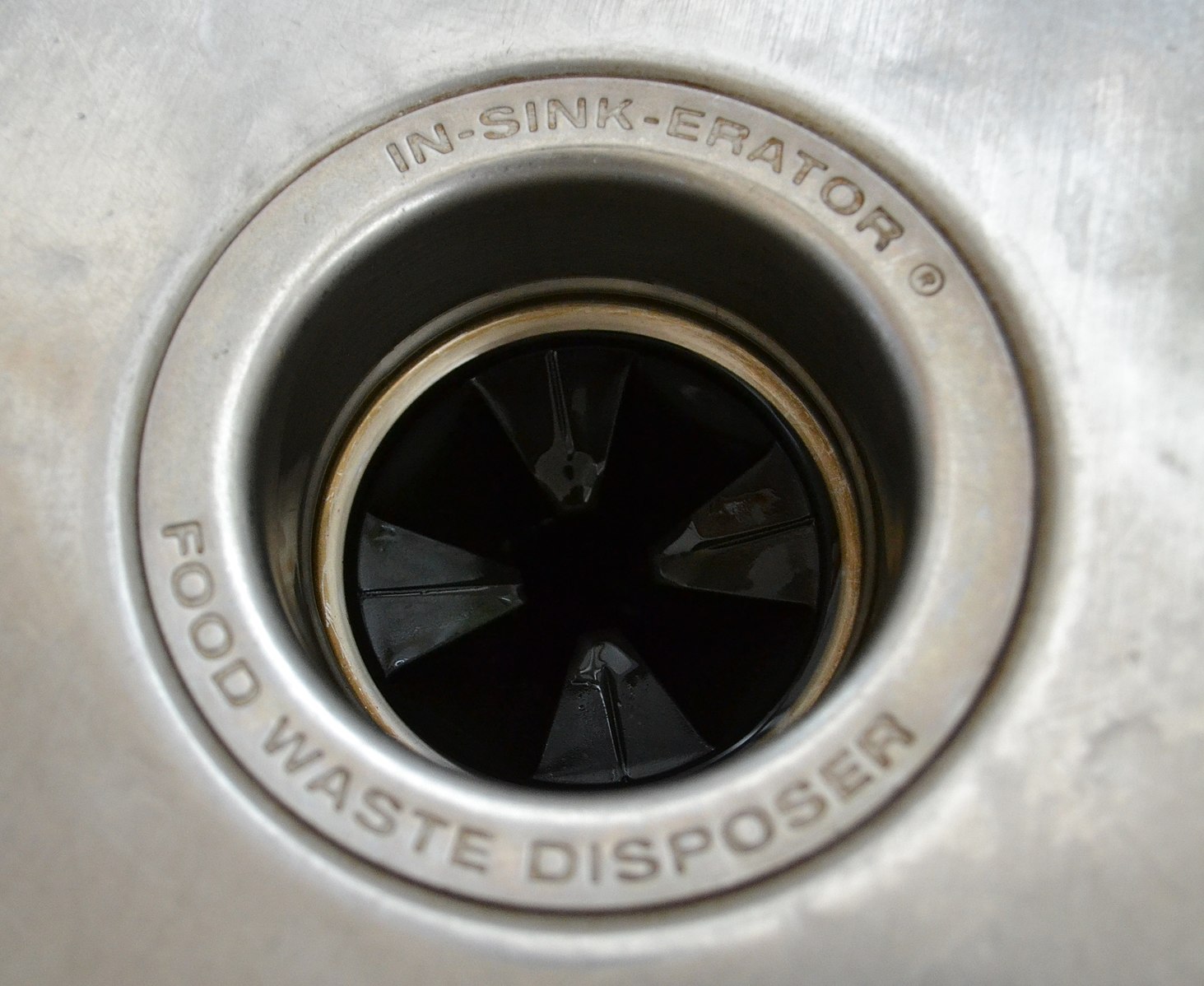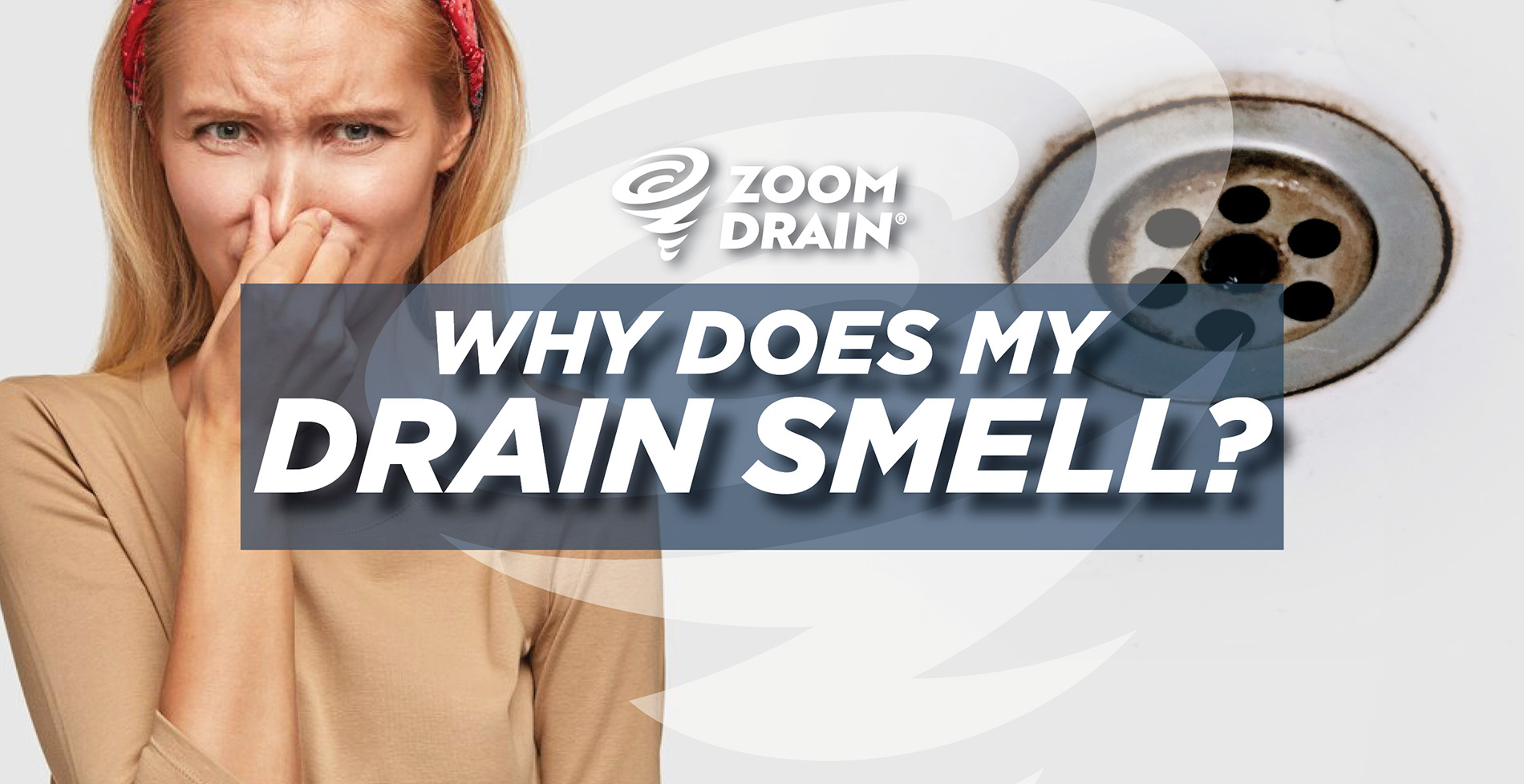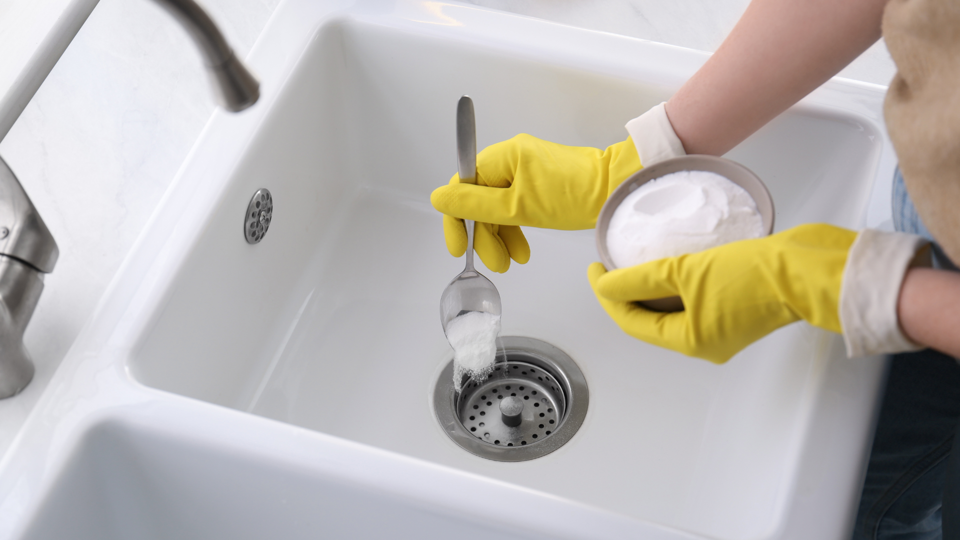Have you ever been in the middle of showering and noticed a potent stink coming from your drain, or maybe using the kitchen sink and a strong odor comes wafting upwards? Smelly drains are an all too common problem many of us face – it can be embarrassing, it can be unsettling but, most of all, it could be a warning sign that there’s an issue with your drainage system.
It’s a smell that can show up unexpectedly, leaving your room, or your entire home, smelling like rotten eggs. That smell, known as hydrogen sulfide, often forms when bacteria grows either in drains, sewage, or in the ground. Thankfully, it’s not usually tied to a health risk, unless at high levels or when mixed with sewer gas, but rather just an unpleasant nuisance to your family.
What Is Causing My Drain’s Embarrassing Smell?
The most common reason for embarrassing drain smells is a clog that causes bacteria to form in the p-trap, but other causes include drain inactivity and food rotting in the garbage disposal.
While there could be a number of potential causes related to that rotten eggs smell, the most common is a clogged drain. All of the organic material that finds its way down, whether it’s liquid soap, toothpaste, food scraps or grease, collects inside of your pipe, leading to issues related to slow draining. When draining slowly, bacteria can build up in the p-trap, the curved pipe typically made of PVC found below the drain. As a significant amount of bacteria builds up, it creates hydrogen sulfide gas which searches for an exit, escaping through the wastewater’s entrance.
 It could also smell when you haven’t used the drain in a while. Drains have a p-trap, with a bend that faces downward to collect water, which gravity holds into place. That small amount of water blocks sewer gases from creeping out into the air in your home – and that water is refreshed every time you use the faucet. But because it hasn’t been used, that water at the bottom of the pipe where it connects to the drain dries up, allowing sewer gas to begin to rise out of the drain.
It could also smell when you haven’t used the drain in a while. Drains have a p-trap, with a bend that faces downward to collect water, which gravity holds into place. That small amount of water blocks sewer gases from creeping out into the air in your home – and that water is refreshed every time you use the faucet. But because it hasn’t been used, that water at the bottom of the pipe where it connects to the drain dries up, allowing sewer gas to begin to rise out of the drain.
Another major culprit could be your garbage disposal. Sure, it’s convenient, but you should always be vigilant about what you place in the garbage disposal because food can easily get caught in the blades, which is often a direct result of shoving too much food in there or by not running enough water. That food will begin to rot and lead to some pretty unpleasant smells.
What Should I Do If My Sink Drains Smell?
There are a number of different tactics to eliminate the odor but if none of them seem to work, and the embarrassing smell continues, it’s best to call a professional to inspect your drain lines.
Once you’ve noticed that awful smell coming from your drain, there are a few things you can try to help alleviate the problem. If it’s your sink or shower, try this DIY method rather than acid-based cleaners. If you absolutely want to try the latter, only use one dose! Dumping it multiple times can be hazardous for your drains and you. Either way, it might only solve the problem for a short time, because a significant clog will simply result in that smell returning.
As for the kitchen sink and garbage disposal, routinely running it and cleaning it can greatly reduce any terrible smells, as well as dropping in halves of limes or lemons to chop. The citrus and the rinds will not only help to clean the disposal but also help to freshen it. Keep in mind, there could still be a clog hiding in the lines beneath the disposal that will require a professional cleaning. If you’ve tried any of these methods and the smell doesn’t dissipate, or even returns quickly, it’s time to get your drain and sewer lines inspected – or further damage could result.
At Zoom Drain, we’re available 24 hours a day, seven days a week, with all of the tools on our fully-stocked trucks to eliminate any smell coming from your wastewater lines and to ensure that your drains are always flowing their absolute best. Give us a call or schedule an appointment online and one of our experienced experts will come out, free of charge, to assess your drains.






.0000000000000.png)